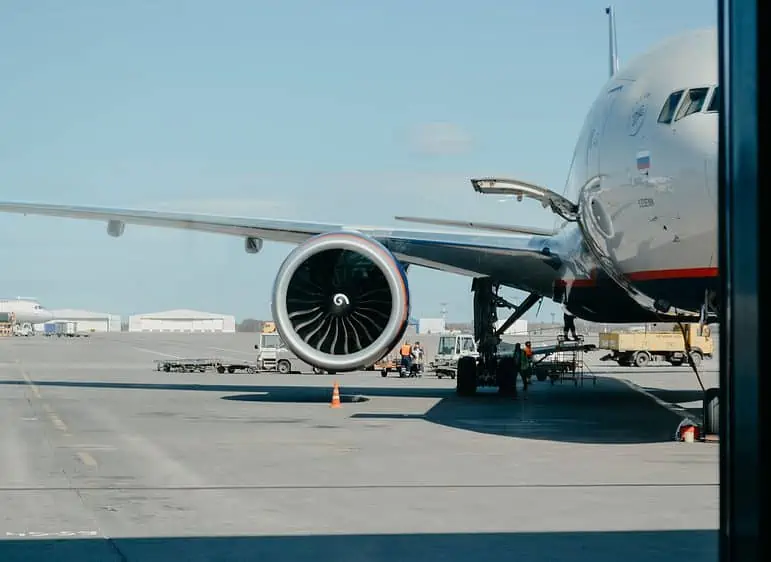Aviation charter issued in response to travel disruption

The UK government has published a new Aviation Passenger Charter, informing leisure and business passengers of their rights and responsibilities and what they can reasonably expect of the aviation industry when flying.
Published in response to the widespread travel disruption seen this year at airports in the UK and around the world since the easing of Covid-19 restrictions, the charter is described as “a one-stop guide for passengers”. Breaking down the passenger journey into stages, the charter provides information on planning and booking a trip, travelling to and from the airport, taking a flight and returning to the UK, and what to do if things don’t work out as planned.
The new charter covers passenger rights when making a booking, including the expectation for airlines to provide a breakdown of all taxes and charges, the rights for disabled passengers and those with reduced mobility, and the compensation available in the event of delays or cancellations. It does not include any new rights and is not intended to be “a legally enforceable document” – instead it outlines current rights and brings together existing information and legislation into one place for travellers. The full charter, alongside a shorter summary of passenger rights can be seen at: gov.uk/government/publications/aviation-passenger-charter.
The Aviation Passenger Charter was promised as part of The Department for Transport’s 22-point plan, which was drawn up to minimise aviation disruption this summer. In a series of measures, the 22-point plan was split into three areas: ensuring industry delivers a realistic summer schedule; supporting passengers; and supporting industry to recruit, retain and train staff.
Travel Places Managing Director, Nick Warren, welcomed the charter and the 22-point plan but said more work is needed to support both passengers and the industry going forward:
“We appreciate the efforts being taken in the launch of this charter, which will help passengers better understand their rights when things go wrong. However, our industry was one of the most impacted during the pandemic and we continue to face some of the biggest challenges we’ve ever experienced.
We’re lucky to have some of the most modern airports in the world in the UK, but to reinstate passenger confidence these airports need to function efficiently, and travel needs to run smoothly. Longer-term strategies and contingency planning will be needed to successfully achieve this. And, most importantly, the industry must work together – with effective and ongoing support from the government.”
Impact of disruption on business travel
Travel disruption has a significant impact on businesses who are reliant on getting to their destination on schedule. Changes to travel plans for the sports, media and entertainment sectors can be disastrous, and this is leading to an increasing number of businesses choosing to utilise the expertise of travel management companies to navigate complex journeys on their behalf. Nick Warren added:
“We’re experts at contingency planning and disruption management at Travel Places but we’ve developed our business to become more service-driven than ever before to limit the impact on our clients. This means ensuring we have access to, and are anticipating, new and emerging risks, as well as managing last minute changes and cancellations. Partnership working is key – by working closely with our clients and suppliers we will protect and progress our industry for the future.”
The government is due to announce its plans to reform consumer policies for airline passengers.
We make complex group travel simple
Combining specialist knowledge with the resources of our global industry partners, we always deliver a seamless group travel experience, no matter how complex the itinerary. Find out more about how we support our clients, from pre-event planning to on-site event support on our service pages.


